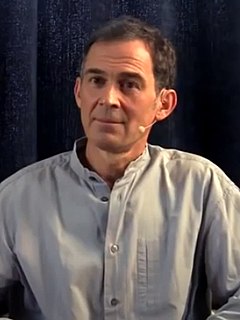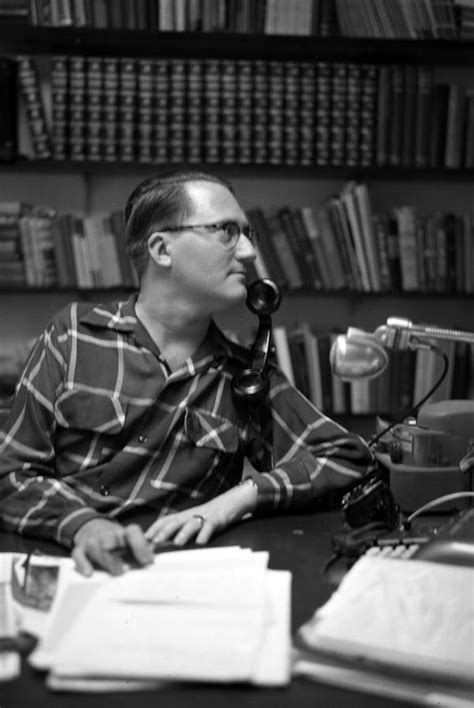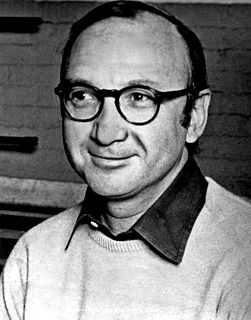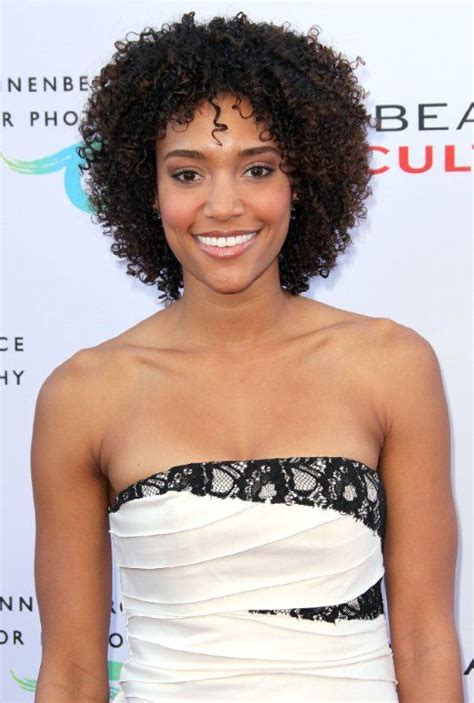A Quote by Rod Lurie
I want to have a movie where people's eyes are glued to the screen, not when they're running from the screen.
Related Quotes
'Paranormal Activity' had fifty versions because it was $250 to reshoot. We'd screen it, see one thing wrong, shoot for an hour, fix it, and then screen it again. You don't have to be disciplined about it. On a regular movie, you have to screen it and think of every problem, reshoot for three days and solve every problem, and then you're done.
Al Gore has a hit movie called 'An Inconvenient Truth.' I have an inconvenient truth for him: you're still not the president. ... This past weekend, Al Gore's movie, 'An Inconvenient Truth,' earned more per screen than any film in the country. ... I dare say Gore's movie is the highest grossing PowerPoint presentation in history. ... Global warming: Can we live with it? ... It is time we did something, namely resign ourselves to doing nothing [on screen: Follow Congress' Lead]. ... For instance, when sea levels rise, we'll just build levees [on screen: Worked for New Orleans]



































